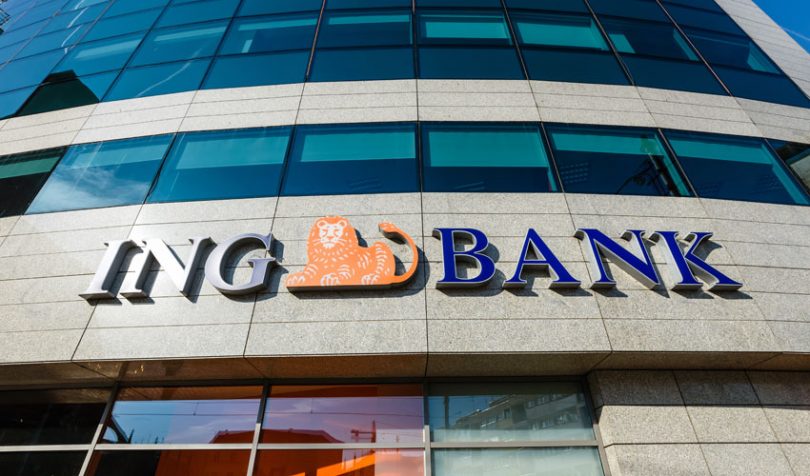Today R3 announced that ING Bank has signed a five-year deal entitling the bank to an unlimited number of licenses for Corda Enterprise, the commercial version of the Corda open source blockchain.
“Our longstanding joint journey with R3 has proven that this is the most mature enterprise DLT solution to serve the needs of the financial service industry,” said Annerie Vreugdenhil, Head of Innovation for wholesale banking at ING. “Strengthening our partnership, by signing this licencing agreement, marks a huge milestone towards empowering clients to transition to a distributed economy. We are one step closer to deploying live DLT solutions for our clients with the supported infrastructure in place.”
David E. Rutter, CEO of R3, said “ING has been an enthusiastic adopter of blockchain technology and a valued long-term partner to R3. For example, in trade finance, it was involved in the first live trade on Project Voltron. It was also one of the participants in the first live securities lending transaction on blockchain through HQLAx.”
ING is also a major supporter of the other big R3 trade finance blockchain, Marco Polo. In addition to participating as a member, it led the Series A financing of TradeIX which is a key technology partner in deploying Marco Polo.
ING’s other blockchain initiatives
The Dutch bank is also involved with commodity trade finance platform komgo. It was one of three original banks in its predecessor Easy Trade Connect. The komgo platform is based on the Quorum blockchain, the JP Morgan version of Ethereum. An ING representative currently chairs komgo, which like Voltron specializes in Letters of Credit.
In terms of technology, it’s also participating in a Hyperledger Fabric project. Last week it was announced as a founding member of a platform targeting the mining industry called Minehub. This is a similar strategy to its involvement in the VAKT post-trade blockchain for energy. It enables the bank to have input into shaping the direction and integration for trade finance.
The bank is also quite active at a technology level and has made significant contributions towards Zero Knowledge Proofs (ZKP). The technology enables questions to be answered about data, without sharing the data itself. For example, whether or not a person lives in the EU. ZKP is more widely used on the Ethereum and Hyperledger Fabric platforms.







